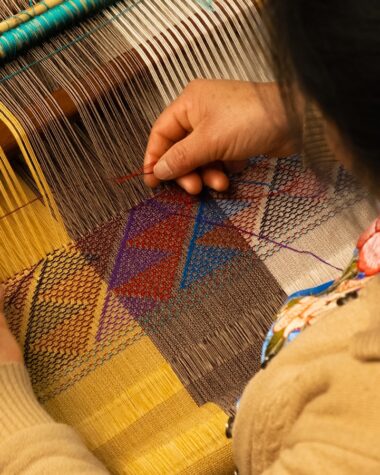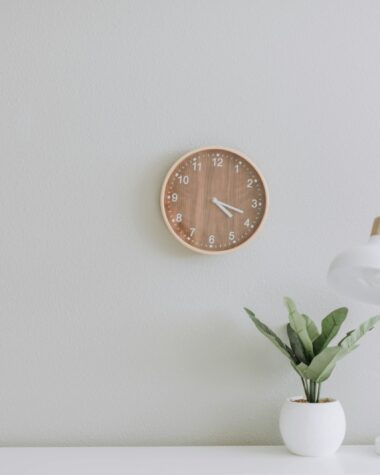Collecting is a behavior that transcends age, culture, and geography. From stamps and coins to art, souvenirs, or rare books, people around the world dedicate time, space, and resources to accumulate items that hold personal meaning. In 2025, psychology continues to shed light on why collecting is more than just a hobby—it’s a window into identity, memory, and human behavior.
At its core, collecting fulfills emotional, cognitive, and social needs. It’s a way to create order, preserve memories, express personality, and even cope with uncertainty. Understanding the psychology behind collecting reveals why these seemingly simple acts hold such deep significance.
1. Collecting as a Form of Identity
Expression of Self
The items people choose to collect often reflect their personality, interests, and values. A stamp collector may value history and detail, while someone who collects travel souvenirs may cherish adventure and exploration.
Symbolic Ownership
Collecting allows individuals to construct a narrative about themselves. Each item represents an aspect of identity, providing a tangible expression of who they are and what they care about.
2. Emotional Connections and Memory
Preserving Experiences
Objects often carry emotional weight. A seashell from a childhood vacation or a concert ticket from a memorable event helps preserve memories and reconnect individuals to past experiences.
Nostalgia and Comfort
The act of collecting can evoke nostalgia, offering comfort and a sense of continuity. Revisiting a collection can provide a positive emotional boost and reinforce personal history.
3. The Need for Order and Control
Creating Structure
Collections often involve organization, cataloging, and careful display. This process provides a sense of control and order, which can be calming in an otherwise chaotic world.
Cognitive Satisfaction
Arranging, categorizing, and maintaining a collection stimulates the brain’s reward system. Completing a set or finding a rare item produces feelings of accomplishment and satisfaction.
4. Social and Community Aspects
Shared Interests
Collectors often connect with others who share their passion, forming communities online or in person. These networks provide support, exchange, and social engagement.
Status and Recognition
Rare or extensive collections can confer prestige or recognition. Collecting becomes a way to gain respect, demonstrate knowledge, or participate in cultural conversations.
5. Coping Mechanism and Psychological Comfort
Reducing Anxiety
For some, collecting provides a sense of stability and predictability. Focusing on items of interest offers distraction from stress or uncertainty, creating a mental safe space.
Emotional Regulation
Engaging with a collection can be soothing, offering routine and familiarity. Even small daily interactions with cherished items can improve mood and emotional resilience.
6. Curiosity and the Thrill of Discovery
The Joy of Hunting
Part of the appeal of collecting lies in discovery. Finding a rare coin, first edition book, or unique artifact stimulates curiosity and provides excitement.
Dopamine Reward
Psychologically, discovering or acquiring new items triggers dopamine release, reinforcing the behavior and motivating continued engagement.
7. Cultural and Historical Preservation
Connecting With the Past
Many collectors are motivated by a desire to preserve culture, history, or heritage. Antique collections, vintage records, and historical artifacts allow individuals to protect and honor the past.
Educational Value
Collections often provide learning opportunities, deepening knowledge about art, history, nature, or science. This intellectual engagement adds meaning and purpose to the hobby.
8. What NOT to Do When Collecting
Compulsive Accumulation
Collecting can become unhealthy if it leads to clutter, financial strain, or emotional distress. Awareness of limits is essential to maintain balance.
Overlooking Purpose
Collecting without intention can reduce meaning. Focusing on what items represent, rather than just acquiring them, ensures the practice remains fulfilling.
9. How Collecting Shapes Life
Routine and Discipline
Maintaining a collection requires care, research, and organization. These habits develop discipline, attention to detail, and long-term planning skills.
Personal Fulfillment
Beyond material value, collecting offers deep personal satisfaction. It reflects passion, curiosity, and creativity, contributing to overall well-being and life satisfaction.
10. Why Understanding Collecting Matters in 2025
Psychological Insight
Studying collecting behaviors helps psychologists understand motivation, attachment, and the interplay between material objects and identity.
Broader Life Lessons
Collecting demonstrates the human desire for meaning, connection, and control. It teaches us that objects are more than possessions—they are vessels of memory, culture, and emotion.
Conclusion
The psychology behind collecting reveals that it is far more than a hobby—it’s a lens into human nature. Through identity expression, emotional connection, social engagement, and cognitive satisfaction, collections provide structure, comfort, and joy.
In 2025, examining why people collect offers insight into memory, culture, and personal values. Every item tells a story, and the act of collecting reflects the deep, universal human desire to connect with our past, express ourselves, and find meaning in the world around us.








